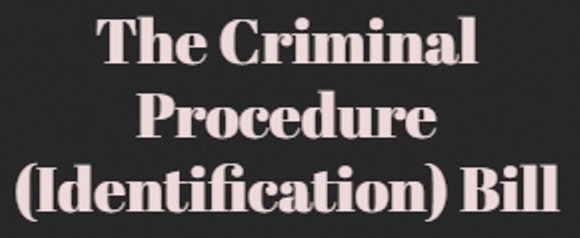

By Sunil Garodia
First publised on 2022-04-05 08:22:38
The Lok Sabha cleared the Criminal Procedure (Identification) Bill amidst protests by the opposition. Home Minister Amit Shah assured the House that "the government will do everything to ensure there is no misuse of the law". But he must realize that once a bill becomes law, things get out of the government's hands and the misuse often happens at lower level - in this case the thana level - and in myriad ways. Hence, assurances are not enough - there must be safeguards in the bill itself to prevent such misuse. Mercifully, Shah has assured that the bill "will definitely be sent to the standing committee".
There are three main objections to the provisions in the bill. First, it allows the head constable at thana-level to decide what data (the scope is widened vastly to include iris scan, blood and hair samples to allow for DNA test) is to be collected, without needing the permission of a magistrate. Second, it widens the scope of data collection by including even people arrested on suspicion of petty crimes or even attending street protests. Third, in the absence of a data protection law in India, the bill fails to provide safeguards as to how the data will be stored and used.
In its existing form, the bill is likely to fall foul of the constitution if challenged in court as it impinges upon the right to privacy and the right against self-incrimination. It also fails to define many terms used in the body. The standing committee will have to go through the bill with a fine toothcomb and recommend better terms with proper definition and safeguards for data misuse and profiling. It will also have to take action to protect the right to privacy of the arrested person and provide recourse to him or her from the highhandedness of the state by allowing data collection only when permitted by a magistrate.











